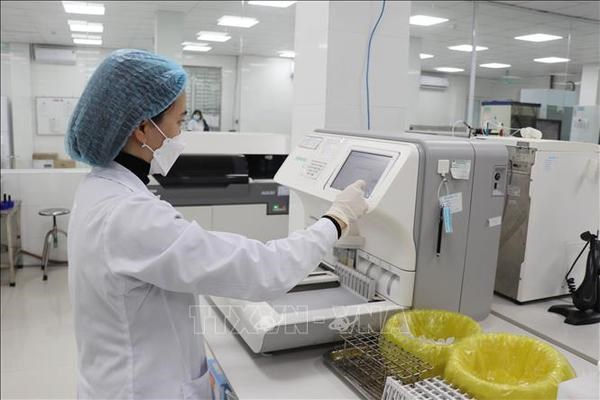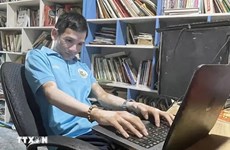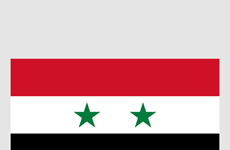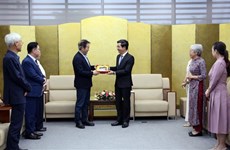Legislators give ideas for revision of Medical Examination and Treatment Law
Legislators at the 15th National Assembly (NA) discussed in groups the draft Law on Medical Examination and Treatment (revised) on May 26 during their ongoing third session.
 Modern equipment help improve medical examination and treatment service quality at Hospital A in Thai Nguyen province (Photo: VNA)
Modern equipment help improve medical examination and treatment service quality at Hospital A in Thai Nguyen province (Photo: VNA)Many deputies pointed out that after 10 years of implementation, the law has created an important legal framework for the caring and protection of people’s health through the management of medical activities, ensuring rights of patients. However, it has exposed a number of shortcomings and limitation, making it no longer suitable to the reality.
According to Bac Ninh province’s representative Nguyen Thi Ha, the bill should specify policies to encourage the research and application of science and technologies in medical examination and treatment through support in land use, tax and finance, thus drawing more investment and knowledge from other countries.
Deputies underlined the need to tighten regulations regarding the authority of issuing medical practice lisences, with the coordination among relevant agencies.
At the same time, they proposed that the bill should be supplemented with regulations on international cooperation in medical examination and treatment, personnel training, technology transfer, patient support and transport between Vietnam and other countries.
Tran Thi Nhi Ha, a representative of Hanoi, said that from lessons drawn from COVID-19 prevention and control, the bill has included regulations that enable the medical system to respond to emergencies more smoothly.
Regarding the use of language during the provision of medical services to foreigners, Ha said that it is necessary to ensure feasibility of the regulations and safety for patients, while creating favourable conditions for patients to access modern medical services and create opportunities for domestic medical workers to absorb scientific advances and medical techniques in the world.
Therefore, Ha said that the regulation that foreign medical practitioners must speak Vietnamese fluently to be allowed to work in Vietnam should be reconsidered to suit the reality.
Agreeing with Ha, Bac Ninh province’s representative Nguyen Thi Ha said that this regulation should be reviewed to avoid the creation of barriers for Vietnamese medical workers to access advanced medical science and technology in the world, especially in the current international integration period.
On medical service prices, deputies held that the bill should fully clarify the prices of medical examination and treatment services with the consideration of factors making up the service costs.
Ha Nam province’s representative Tran Van Khai proposed that the compiling agency of the bill continue to make clear principles in the procurement and use of medical supplies and medicines, the regulations on medical examination and treatment in special conditions for special groups of diseases, general rules and criteria for determining costs of medical examination and treatment services and medical equipment management and procurement from different financial sources./.













